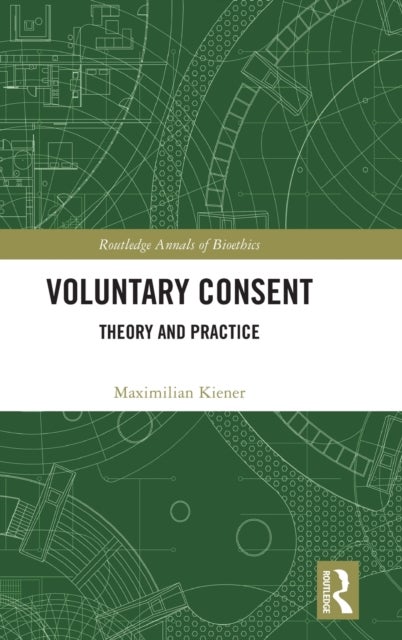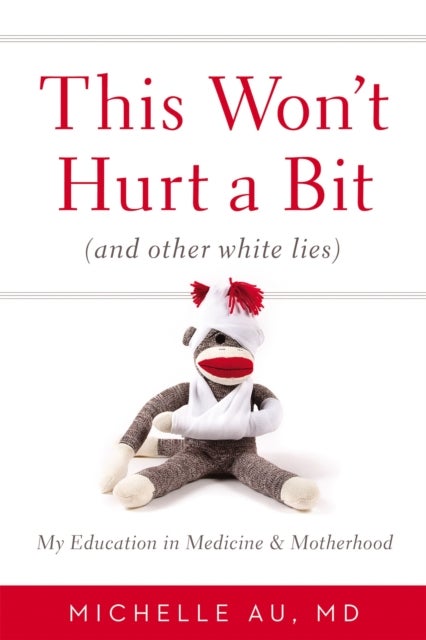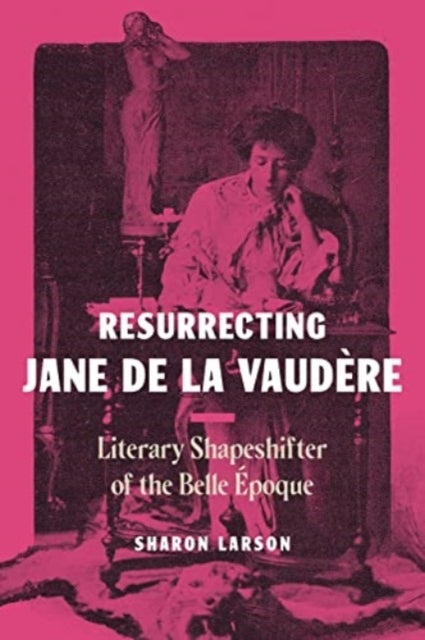
Voluntary Consent av Maximilian (University of Oxford UK) Kiener
1629,-
<P>Voluntariness is a necessary condition of valid consent. But determining whether a person consented voluntarily can be difficult, especially when people are subjected to coercion or manipulation, placed in a situation with no acceptable alternative other than to consent to something, or find themselves in an abusive relationship.</P><P>This book presents a novel view on the voluntariness of consent, especially medical consent, which the author calls Interpersonal Consenter-Consentee Justification (ICCJ). According to this view, consent is voluntary if and only if the process by which it has been obtained aligns with specific principles of interpersonal justification. ICCJ is distinctive because it explains voluntary consent neither as a ¿psychological¿ concept indicative of the inner states of a person¿s mind (e.g. willingness or reluctance) nor as a ¿circumstantial¿ concept indicative of a person¿s set of options. Rather, ICCJ explains the voluntariness of consent as an ¿interperso








